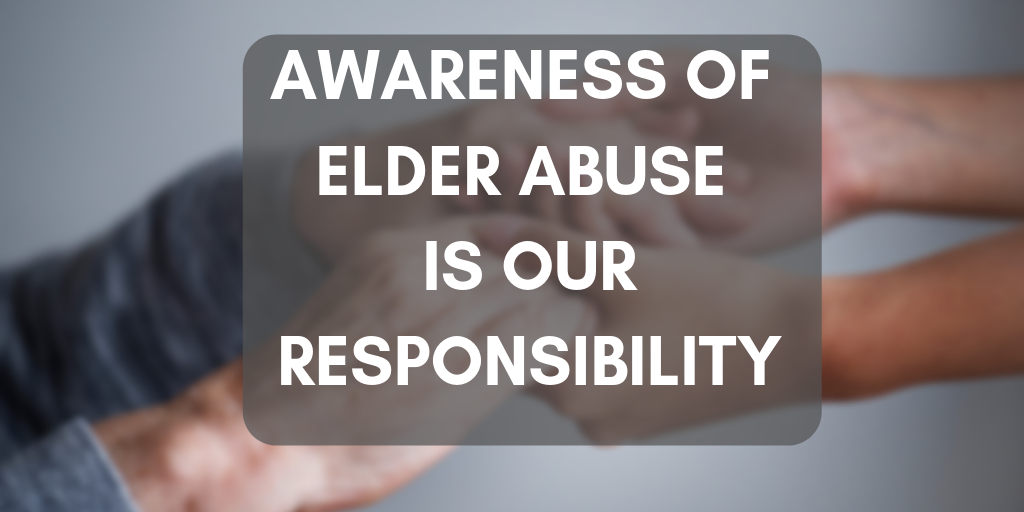
By CEO Deb Taylor
June 15th marked World Elder Abuse Awareness Day as designated by the United Nations. And while this is a day to be especially mindful of the reality of this abuse, millions of older adults are forced to endure it daily.
Because acts like the physical or sexual abuse of a vulnerable senior are unimaginable for most people, it can be easy to think of them as isolated outliers, something heinous you hear about on the news occasionally, something that happens to other people.
But according to the National Institute on Justice, ten percent of people over the age 60 are victims of elder abuse. That’s 1 out of 10 of our parents, grandparents, neighbors, mentors and friends. Sadly, Minnesota’s Department of Health alone receives approximately 400 reports of elder abuse and neglect every week.
Unfortunately, that’s only part of the picture: experts believe that for every case of elder abuse or neglect reported, as many as 23 cases go unreported. And that’s not even counting the crippling isolation that many older adults face every day. The vast majority of victims suffer alone in silence.
The less visible acts of abuse are emotional and financial. An older person can endure this for years on end, as they tend to be more nuanced rather than a single traumatic experience. It can be years of manipulating someone’s funds or assets, or years being convinced they are dependent on someone else for survival, however cruelly they are treated. It may happen so slowly or subtly that the victim doesn’t even realize they are being abused until their emotional, physical, mental or financial health is left in utter disarray.
So what can we do?
As for the state’s part in the solution, Minnesota is currently the only state to not license assisted living facilities. Fortunately, the Minnesota House and Senate passed legislation this past May that will strengthen protections for older and vulnerable adults in long-term care residential facilities when the bill goes into effect in 2021. The bill’s licensing requirements are strong, and establish high standards to ensure that residents, including those with dementia, receive the care they need and deserve.
This is an important step towards the prevention of elder abuse but, no matter the level of regulation, addressing abuse still requires vigilance and empathy from us as individuals. We need to know and educate each other on the warning signs of abuse including unexplained injuries, emotional withdrawal, and sudden changes in finances, appetite and hygiene.
Preventing and stopping abuse means being open and having conversations about it. We need to share the reality of its frequency. We have to directly address individual cases while also recognizing that there often may be a sense of shame or embarrassment on the part of the abused. We need to respect the victims’ concerns about maintaining their autonomy and dignity while also knowing when professional intervention is needed. There are solutions and resources available. If you are concerned that someone you love is being abused, report your concerns to the Minnesota Adult Reporting Center at 1-844-880-1574.
No one deserves trauma or dehumanization. No one deserves to feel unsafe or hopeless in their own homes or communities. A home, a neighborhood, a family, a community are places we should all be able to turn to when we feel unsafe, overwhelmed or scared, not the reasons for feeling these ways in the first place. We need to be each other’s protectors and advocates, especially for those who are vulnerable. If we’re lucky, we will all grow old one day, but if we can’t secure a future where we are supported and protected against inhumane treatment, why would we want to?




